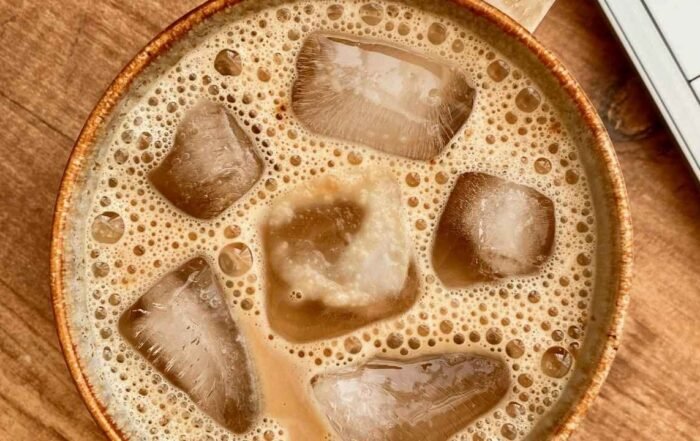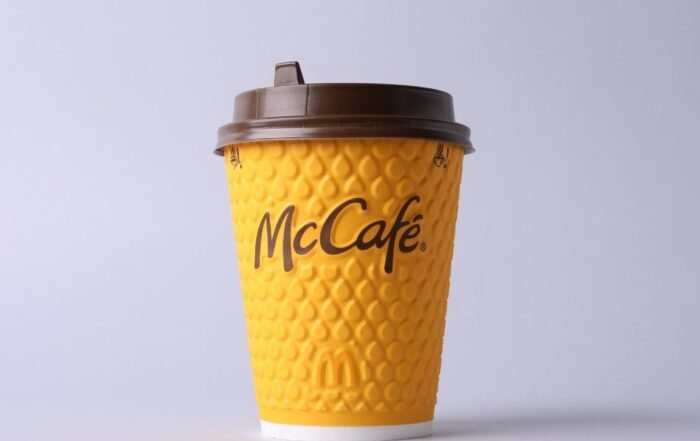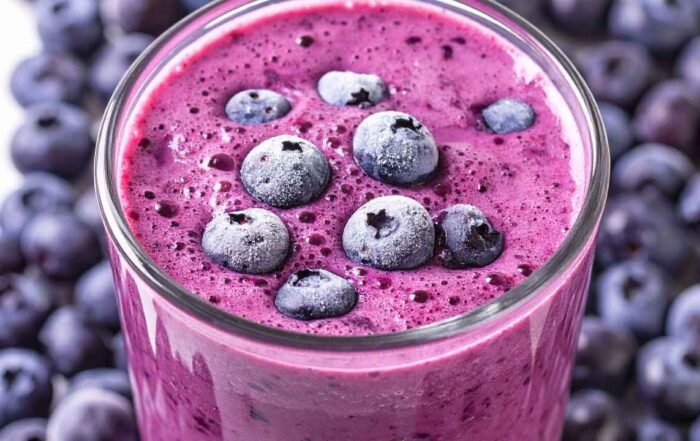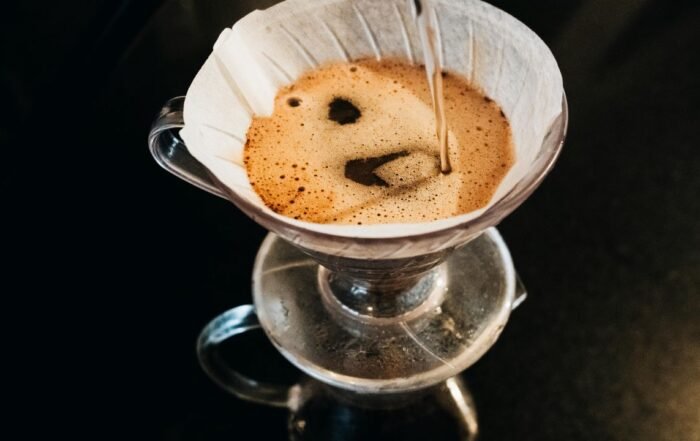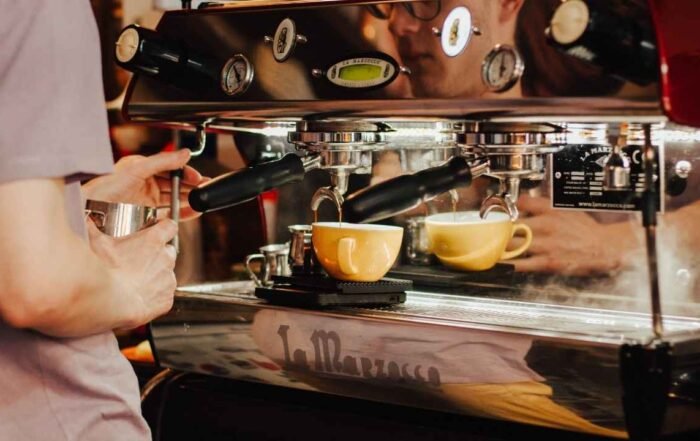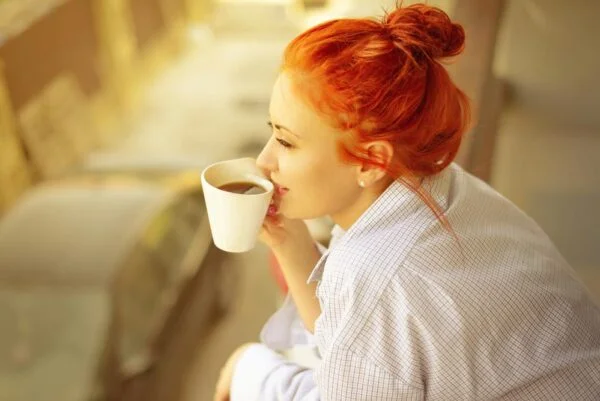
People use beverages to be hydrated, enjoy the flavor, and to get some health benefits (in some cases). The top three beverages consumed worldwide are water, tea and coffee. Water is used to keep the body hydrated, people use tea and coffee for the flavor. Also these beverages act as diuretics which can be helpful for the human body.
Coffee has several effects on the human body. It boosts the central nervous system and increases blood circulation. It helps to advance the focus. We will discuss coffee in this article likewise drinking coffee and anxiety or coffee and anxiety attacks. Furthermore, we will talk over decaf coffee and anxiety.
What is anxiety?
Before we start to explore the coffee effects regarding anxiety, let’s get to know what is anxiety? In a general term, anxiety is referred to a sense of fear, worry and unease. According to the American Psychological Association (APA) , “Anxiety is an emotion characterized by feelings of tension, worried thoughts, and physical changes like increased blood pressure”.
It is a combination of complex changes in human psychology and behavior. The person feels uneasy, fearful and tense throughout the time. The body’s response also changes as heart rate increases which can cause high blood pressure. The muscles get tense to face any potential danger.

Common effects of anxiety on health
These are some of the consequences of anxiety on health include:
- Cardiovascular compilations: Cardiovascular problems include increased risk of heart disease, elevated heart rate, and hypertension.
- Cognitive impairment: Cognitive impairment is a big challenge for concentrating, memory and decision making.
- Digestive disturbances: Gastrointestinal problems include irritable bowel syndrome, nausea, stomach ulcers, and appetite fluctuations.
- Hormonal imbalances: Altered cortisol levels and reproductive hormones fluctuations.
- Immune system suppression: Bigger infection susceptibility and slower recovery.
- Muscle tension and soreness: Persistent headaches, neck pain, and other body aches.
- Problems with breathing: Shortness of breath, hyperventilation, chest tightness.
- Skin conditions: Acne, eczema flare-ups, and other stress-related skin problems are conditions of the skin.
- Sleep disturbance: Insomnia, constant waking, and poor quality of sleep.
- Weight changes: both weight gain and loss brought on by stress eating or appetite suppression.
Caffeine and Its Effect on Brain
Through several means, caffeine acts as a strong psychoactive drug that drastically changes brain chemistry and neurological performance. After consumption, caffeine quickly passes the blood-brain barrier and mostly acts as an adenosine receptor antagonist, preventing the natural sleep-promoting neurotransmitter adenosine from attaching to its receptors.
Drinking coffee and anxiety has a great connection. While stimulating the release of additional neurotransmitters including dopamine, norepinephrine, and acetylcholine, which help to boost mood, concentration, and cognitive performance, this blockade delays the start of sleepiness and creates the typical alertness linked with caffeine intake.

Coffee and Anxiety? | Knowing the Link
The link between coffee and anxiety attacks reflects a complicated interaction of biochemical, psychological, and individual physiologic elements that can have major influence on mental health results. Among the most consumed beverages globally, coffee has different amounts of caffeine that can greatly affect the central nervous system and maybe aggravate or trigger anxiety symptoms in sensitive people.
Anxiety disorder and coffee can relate in several ways. Studies show that the stimulant effects of caffeine can match or magnify the physical symptoms linked with anxiety disorders, including elevated heart rate, raised blood pressure, agitation, and greater alertness, therefore making it difficult for some people to tell apart caffeine-induced stimulation from real anxiety responses.
Does Coffee Help in Anxiety
Contrary to popular belief, coffee can offer some medicative advantages for anxiety control when consumed in a moderate and correct way. For people with normal caffeine tolerance, low to moderate consumption (50 to 200 milligrams daily) may improve cognitive performance and increase alertness without anxiety.
Does Coffee Cause Anxiety
Anxiety disorder and coffee can be associated as sometimes coffee can cause anxiety. Multiple physiological and psychological processes influencing the central nervous system cause coffee consumption to cause or worsen anxiety symptoms. Typically exceeding 400 mg daily limit (equal to around 4 cups of ordinary coffee), high caffeine intake can cause anxiety-like symptoms like quick heartbeat, tremors, worry, irritability, and trouble concentrating.
Decaf Coffee and Anxiety
For those trying to get the taste and ritual advantages of coffee without suffering caffeine-related exacerbation of anxiety, decaffeinated coffee offers a practical substitute. At around 2-5 mg per 8-ounce cup, standard decaffeinated coffee is 97% reduced from the 95-200 mg per serving in regular coffee. it is much less likely to cause anxiety symptoms or interrupt sleep patterns.

How to Avoid Anxiety While Drinking Coffee
While reducing anxiety related side effects, moderate coffee consumption keeps the benefits accessible for cognitive ability and overall health. Most adults must keep their caffeine consumption between 200-400 mg or 2-4 cups. And this limit also must be consumed slowly throughout the morning hours. A large intake at once can cause a quick increment in blood caffeine levels.
Coffee consumption should ideally be limited to the first half of the day. Otherwise, it can disturb your natural sleep cycles, can cause nighttime anxiety or sleeplessness. One should thus take time into consideration.
Conclusion
The relationship between anxiety and coffee consumption indicates a complicated interaction. Recognizing that ideal consumption varies greatly across people depending on genetic influences, health condition, and lifestyle factors is key to effectively controlling coffee consumption in the context of anxiety.
People who remain sensitive of their own reactions to caffeine, follow advised daily restrictions, and make small adjustments as necessary can possibly enjoy the advantages of coffee while minimizing anxiety-related hazards. Future studies keep investigating these complicated interactions to offer more nuanced advice on how to balance coffee consumption with anxiety management.
FAQs
How to reduce anxiety caused by coffee?
To reduce anxiety caused by coffee, you must limit your coffee consumption. Avoid drinking coffee after 2:00 PM. Keep tracking your daily caffeine consumption. For adults, 400 mg caffeine is the limit for a day.
Is caffeine bad for anxiety?
Caffeine is not bad for anxiety if consumed moderately. Too much caffeine can cause anxiety and other harmful things to the human body.
Does cutting out caffeine help with anxiety?
Yes, cutting out caffeine helps with anxiety. At around 2-5 mg per 8-ounce cup, standard decaffeinated coffee is 97% reduced from the 95-200 mg per serving in regular coffee.




